Research projects
Filter:
Filtered:
See also Science teams or Climate & climate change
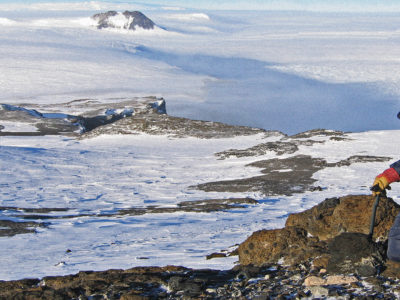
ANiSEED
This project will reconstruct millennial-scale ice sheet change in the western Amundsen Sea Embayment, Antarctica, using high-precision exposure dating.
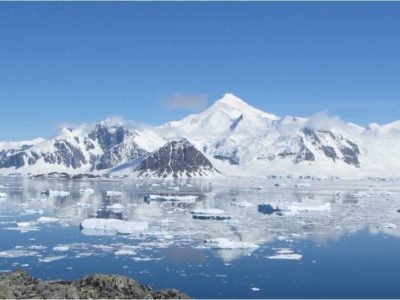
Antarctic Climate over the last millennia
The Antarctic Peninsula and West Antarctica have warmed dramatically in recent decades, with some climate records indicating that these are among the most rapidly warming regions on Earth. The Antarctic …
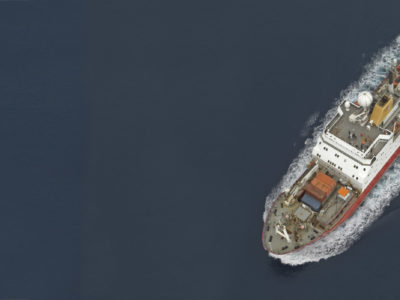
Arctic marine geophysics
This research focuses on investigating the glacial histories of Arctic ice sheets and ice caps using the marine geological record preserved on continental margins. By reconstructing past ice sheets, their …
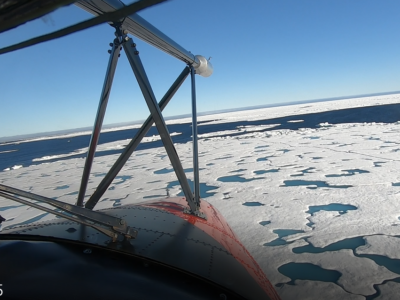
Arctic Summer-time Cyclones
The Arctic Summer-time Cyclone Project is a joint project of scientists from the University of Reading, University of East Anglia and the British Antarctic Survey with expertise in atmospheric dynamics, …
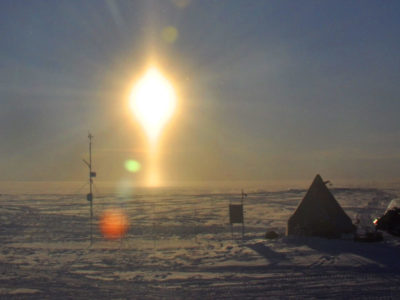
BEAMISH: Basal Conditions on Rutford Ice Stream
The polar ice sheets play a major role in controlling Earth’s sea level and climate, but our understanding of their history and motion is poor. The biggest uncertainty in predicting …
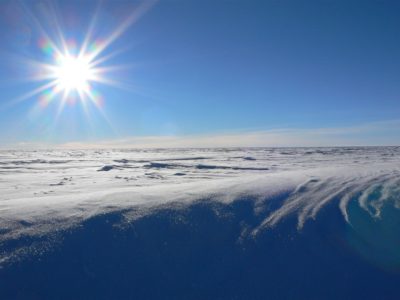
Beyond Epica
A decade ago, the European EPICA project completed drilling a deep ice core at Dome C, revealing the close link between climate and atmospheric greenhouse gases over the past 800,000 …
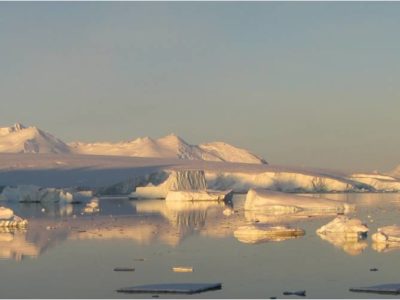
Climate and Ice during the Last Interglacial
During the Last Interglacial (129-116 thousand years ago, ka) CO2 and global temperature were both higher than they were before human industrialisation. By examining Last Interglacial climate, we thus gain …
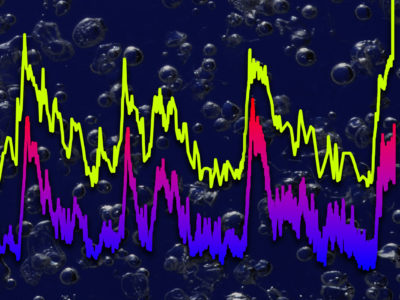
DI4EDS
Environmental research relies on digital infrastructure (hardware, software and methods) to provide services that help researchers answer questions about the environment around us, and innovators to work out ways that …
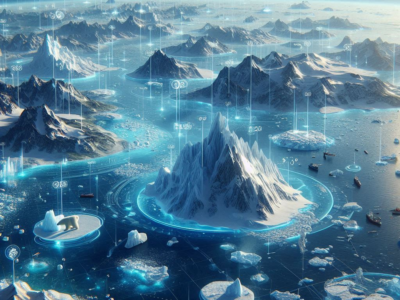
Digital Twins of the Polar Regions
Digital Twinning is next generation technology for data fusion and computer modelling enabling us to rapidly get answers to “what-if” questions. Digital Twins (DTs) are already in operation in industry …
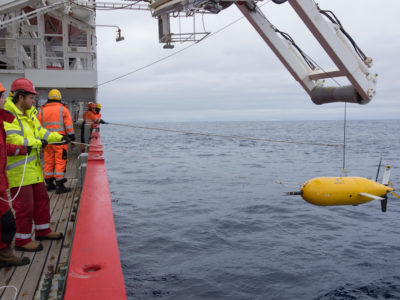
DynOPO
Dynamics of the Orkney Passage Outflow (DynOPO) is a collaboration between BAS, the University of Southampton and the National Oceanography Centre (NOC). The project aims to investigate the flow of …
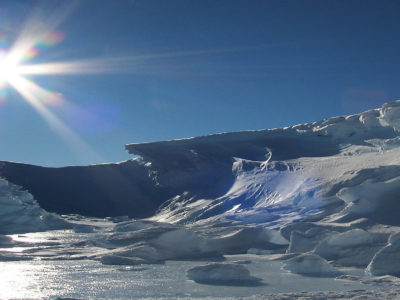
Filchner Ice Shelf System, Antarctica
Understanding the contribution that polar ice sheets make to global sea-level rise is recognised internationally as urgent. The mission of this five-year project is to capture new observations and data …
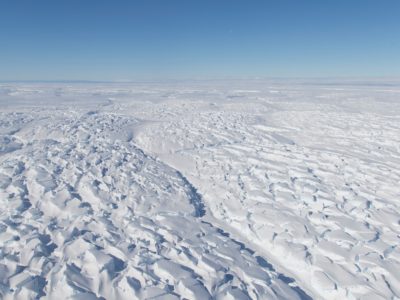
Geological History Constraints on the Magnitude of Grounding Line Retreat in the Thwaites Glacier System
GHC (“Geological History Constraints”) will gather information about past ice sheet behaviour and relative sea level change in the Thwaites Glacier system. Determining the timing and magniture of past episodes …
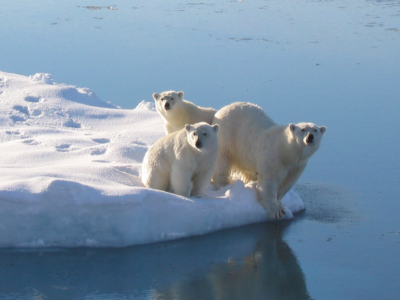
ICE-ARC
physicists, chemists, biologists, economists, and sociologists from 21 institutes in 11 countries across Europe assess the rapid retreat and collapse of Arctic sea-ice cover
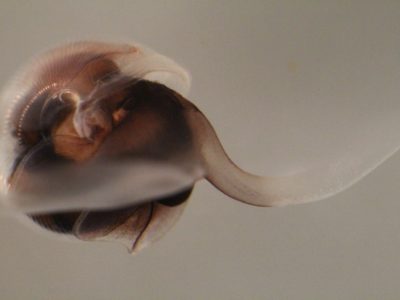
Impacts of Ocean Acidification on Sea-Surface
In order to assess the impact of anthropogenic carbon dioxide (CO2) on the oceans today we are investigating the effect of decreasing upper ocean pH on calcifying zooplankton. Pteropods, …

ISOL-ICE
PI: Markus M. Frey Co-I’s: X. Yang, R. Mulvaney NERC Grant: NE/N011813/1 The ozone layer shields all land-based life forms from harmful ultraviolet radiation; and indirectly influences the climate at …
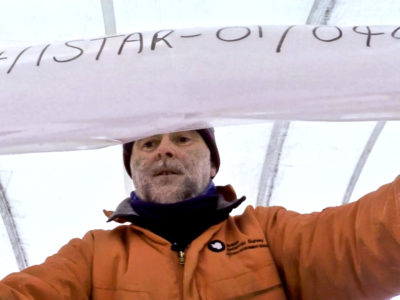
iStar-D The contribution to sea-level rise from the Amundsen Sea sector of Antarctica
iStar-D will identify the potential contribution to sea-level rise, from ice locked in the Amundsen Sea sector of Antarctica
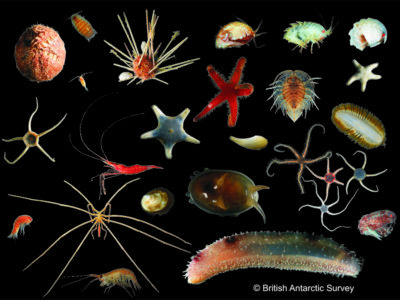
Larsen-C Benthos
On 12 July 2017, the Larsen-C Ice Shelf calved one of the largest iceberg originating from the Antarctic Peninsula ever recorded. As iceberg A68 moves north, it leaves behind an …
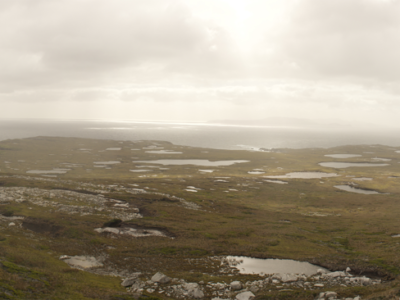
Late Quaternary changes in the Westerly Winds over the Southern Ocean
In this NERC-funded project, we are generating Southern Hemisphere Westerlies (SHW) proxy records from each of the three major sectors of the Southern Ocean, focusing on subantarctic islands situated in …
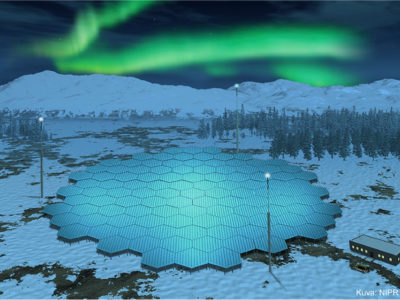
MesoS2D
In order to accurately predict impacts of space weather and climate variability on the whole atmosphere we need an accurate representation of the whole atmosphere. The mesosphere (~50-95 km altitude) …
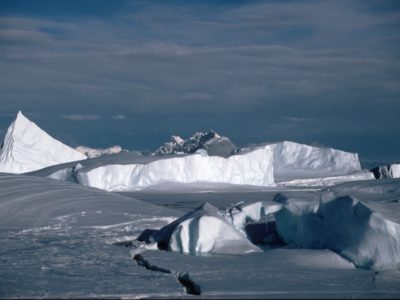
Meteorology and Ozone Monitoring
Long-term meteorological and ozone observations and data help determine the causes of climate change in the polar regions. Meteorology Meteorological observations are made regularly throughout the day at Halley and …
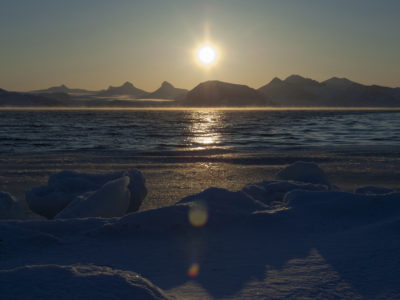
SEANA
Global shipping is undergoing significant changes. In January 2020 the maximum sulphur emission by ships in international waters will reduce from 3.5% to 0.5% by mass, as a result of …
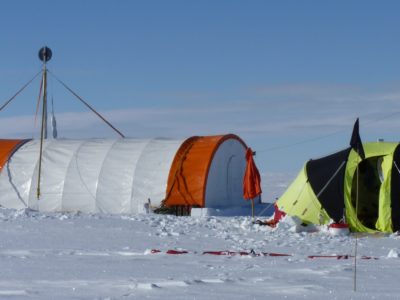
SIWHA
The NERC funded SIWHA_CO2 project “Sea Ice and Westerly winds during the Holocene in coastal Antarctica, to better constrain oceanic CO2 uptake” will be a breakthrough in our understanding of how …
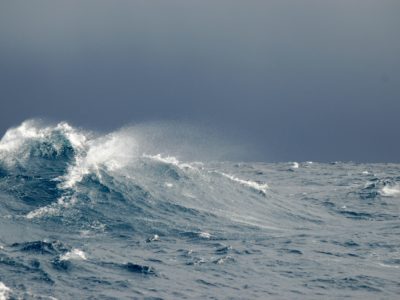
SONATA
The Southern Ocean is one of the most important and poorly understood components of the global carbon cycle that profoundly shapes Earth’s climate. It is the primary hot spot for …
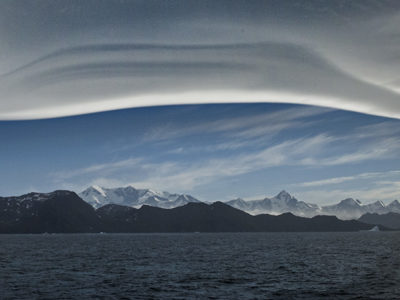
Southern Ocean Clouds
SOC is a project of the NERC CloudSense Programme The biases observed in climate models over the Southern Ocean in surface radiation and sea surface temperature are larger than anywhere …
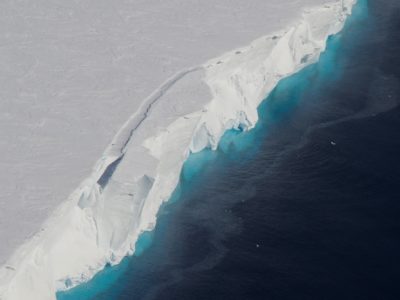
Stability and Instability – Records of External Drivers and Resulting Behaviour of Thwaites Glacier
THOR is a ship-based and ice-based project that will examine sedimentary record both offshore from the glacier and beneath the ice shelf, together with glacial landforms on the sea bed, …

SubICE
The Sub-Antarctic – ice coring expedition (SubICE), part of the international Antarctic Circumnavigation Expedition (ACE), successfully drilled several shallow ice cores, from five of the remote and globally significant sub-Antarctic …
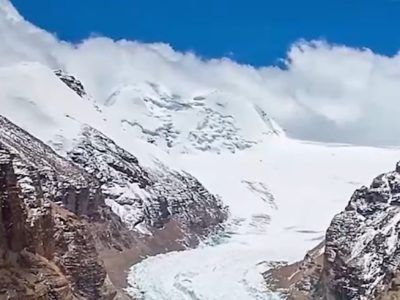
The Big Thaw
The Big Thaw is an ambitious new UKRI/NERC-funded Highlight Topic project assessing past, present and future changes in global mountain water resources by studying snow/ice accumulation and melt in the …
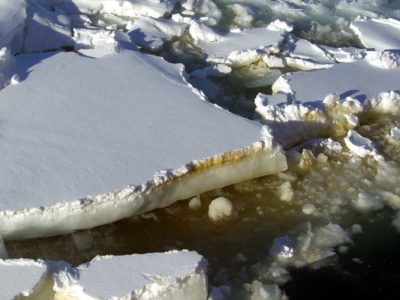
The role of Antarctic sea-ice in global climate
Sea-ice is frequently cited as a likely driver and propagator of abrupt climate change because of the rapid and far-reaching impact of its feedbacks. However, numerical climate models are still …
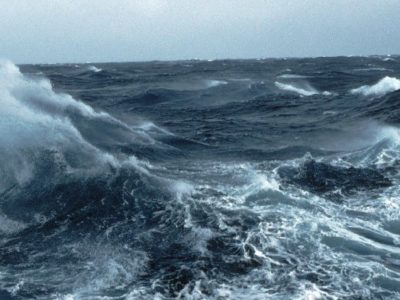
The role of the Southern Ocean in regulating atmospheric CO2 on glacial-interglacial timescales
The cause of the variability in atmospheric CO2 over glacial-interglacial timescales has been a puzzle since its discovery in the early 1980s. It is widely believed to be related to …

UKESM-BAS
Reliable projections of the Earth’s climate are at the heart of scientific support for international efforts to address global change. There is increasing recognition that reliable projections require that physical …
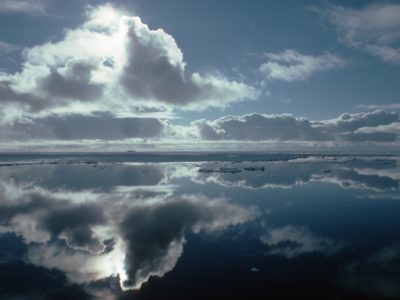
Water isotopes in UKESM2
We will add water tracers (including stable water isotopes) to the UK Earth System Model (UKESM2) which will track through the model’s hydrological cycle. This work started under the EU …
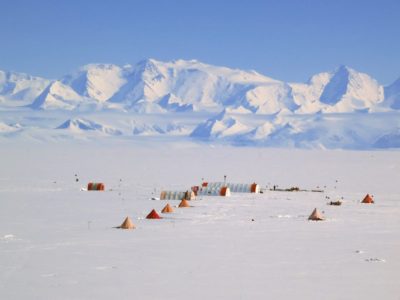
Weddell Sea ice sheet and climate
In the south of the Weddell Sea lies the Ronne and Filchner Ice Shelves. During the coldest part of the last glacial period about 25,000 years ago, the ice in …
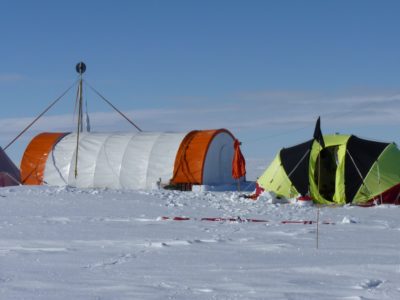
West Antarctica wind strength and atmospheric circulation
Changes in wind strength and circulation patterns above the Antarctic Peninsula are linked to its warming and increased upwelling of warm circumpolar deep water, resulting in accelerated melting and thinning …
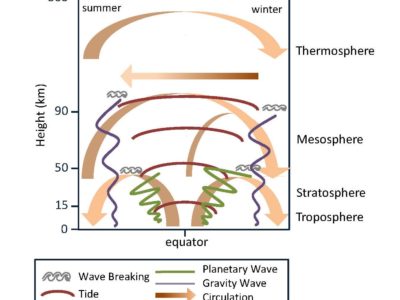
Whole Atmosphere Climate Change
The near-Earth space environment is host to an increasing amount of advanced, satellite-based technology, used for both commercial and scientific purposes. To safeguard this technology and ensure that we can …

